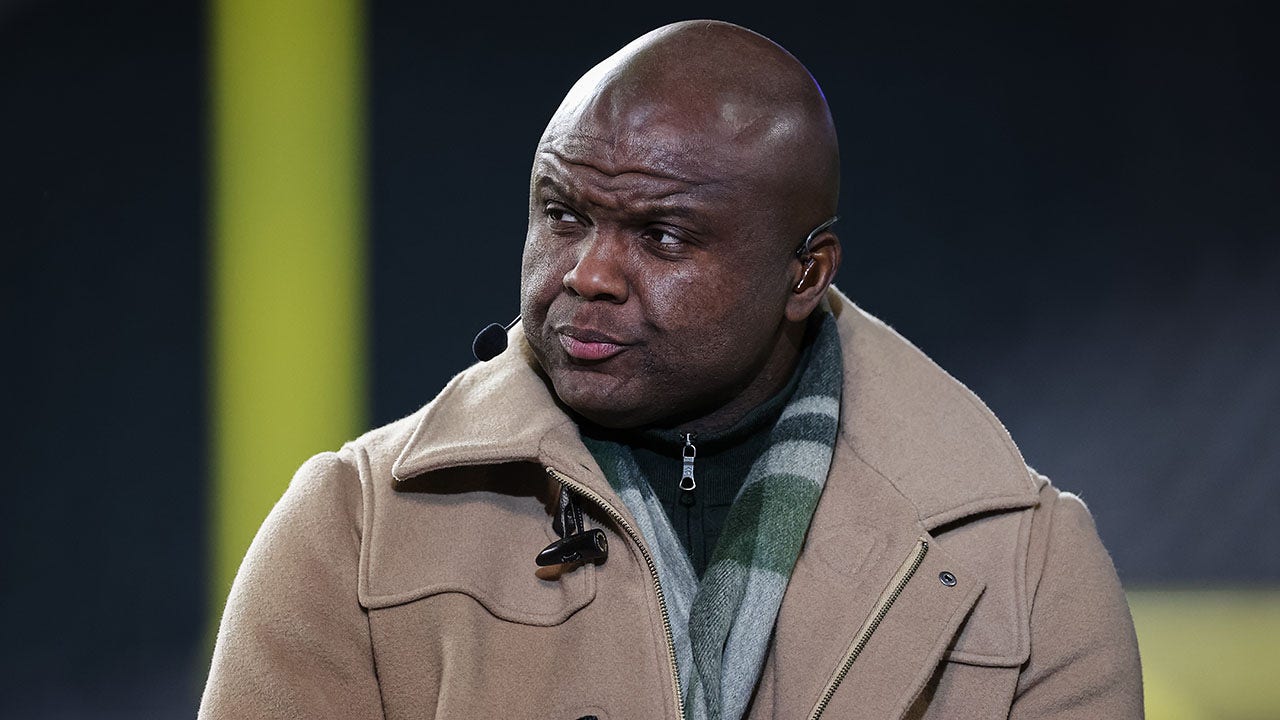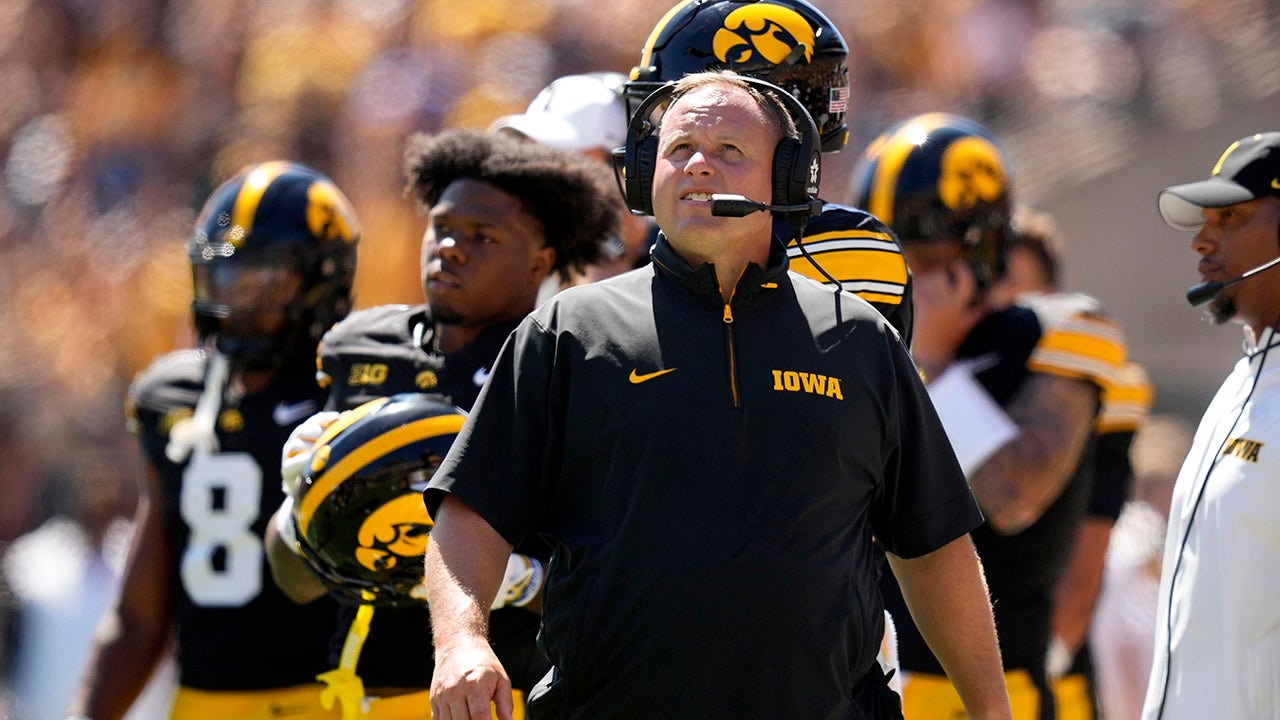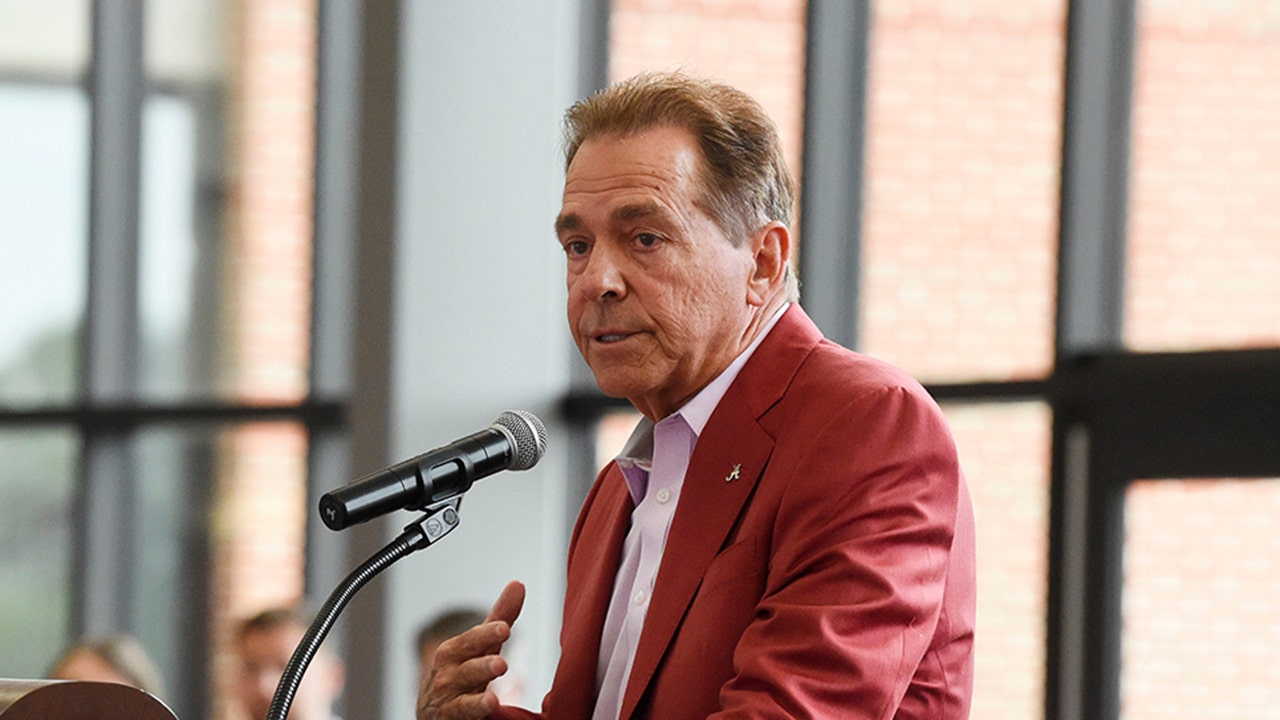That this confrontation arrives in the final part of a three-act barnburner — assuredly overseen at Studio Theatre by director David Muse — makes Rose’s thorns all the sharper. Rather than prop up her parents as easy targets, Bartlett lays bare their contradictory humanity over a 44-year journey from wide-eyed idealism to head-in-the-sand egotism. For a play that premiered in 2010 in England and embarked on a 2016 off-Broadway run, “Love, Love, Love” endures as a timeless exercise in time-hopping interrogation.
It’s 1967 when we meet the central couple-to-be as 19-year-olds coming of age at a time of economic opportunity, social change and newfound freedom. Max Gordon Moore plays Kenneth, an amiable, Oxford-educated ne’er-do-well crashing at a disheveled North London flat with his chauvinistic brother, Henry (Hunter Hoffman). When Henry brings home his free-spirited girlfriend, Sandra (Liza Bennett), it’s instantly apparent she’s been hooking up with the wrong sibling. You can’t help but root for these charismatic kids to end up in each other’s arms — which, of course, Kenneth and Sandra do after bonding over a shared affinity for weed, rock-and-roll and dreams of shaping a better world.
Although that first act makes for an appealing table setter, “Love, Love, Love” gets cooking when the knives come out after its time jumps. (The play is staged in Studio’s Shargai Theatre with two intermissions.) The first one takes the tale to 1990, when Kenneth and Sandra have morphed into 42-year-old parents plodding through middle-class malaise. Here we meet their kids: Jamie (Max Jackson), their troublemaking 14-year-old son, and Rose, an aspiring violinist whose 16th birthday arrives amid an explosion of boy trouble and familial fireworks. By the time the 2011-set final act arrives, Kenneth and Sandra have built lives of empty-nesting bliss while their mid-30s children remain imprisoned to arrested development.
Muse’s sterling cast traverses the decades-spanning narrative with aplomb. As Kenneth, Moore dusts his dialogue in dry comedy and accentuates the through lines of a character whose open mind restrains with age. (His transition from mop top to silver fox further sells the transformation.) Bennett plays Sandra with a keen eye for how youthful spunk can, over the years, turn into insufferable aimlessness. Seidman portrays the teenage Rose like a wounded animal, doe-eyed and shrieking in pain, before flashing the character’s fangs in Act 3. While Jamie’s apparent neurodivergence gets short shrift in Bartlett’s script, Jackson still impresses as an adrift victim of absentee parenting.
Alexander Woodward’s immaculate set design does the heavy lifting when it comes to communicating Kenneth and Sandra’s shifts in financial fortune. The audience sits on top of the actors as the first act unfolds in a claustrophobic and cluttered apartment. When the curtain rises for Act 2, the scope has expanded to encapsulate a more spacious and stylish living room. And the awe-inducing final reveal, of a sprawling mansion complete with towering windows and marble fixtures, makes one wonder how, exactly, Studio found the backstage space to house such scenery.
Montana Levi Blanco’s costumes also speak volumes, as Kenneth swaps his Act 1 dressing gown for a sharp suit after intermission, Sandra trades in a patterned dress for a businesslike get-up, and both characters eventually drain their attire of personality. Even if Bartlett laces his finale with slightly on-the-nose observations — about the correlation between age and conservatism and the selfishness of boomers oblivious to their advantages — the details of Rose’s diatribe against her parents still sting with recognition.
A display outside the Shargai Theatre helpfully contextualizes the British sociopolitical backdrop against which “Love, Love, Love” is set — namely, the welfare programs, housing trends and demographic changes that allowed boomers to get a leg up on their children. (“What have you lot done?” Rose rhetorically asks her parents. “Climbed the ladder and broke it as you went.”)
Yet the divide depicted onstage could just as easily be transported to the United States, which is not exactly immune from such fissures. As Bartlett surely, shrewdly detected, generational distrust knows no borders.
Love, Love, Love, by Mike Bartlett. Directed by David Muse. Set, Alexander Woodward; costumes, Montana Levi Blanco; lighting, Cha See; sound, Matthew M. Nielson; dialect coaching, Lisa Beley; props, Amy Kellett. About 2½ hours. Through Feb. 18 at Studio Theatre, 1501 14th St. NW. studiotheatre.org.















































